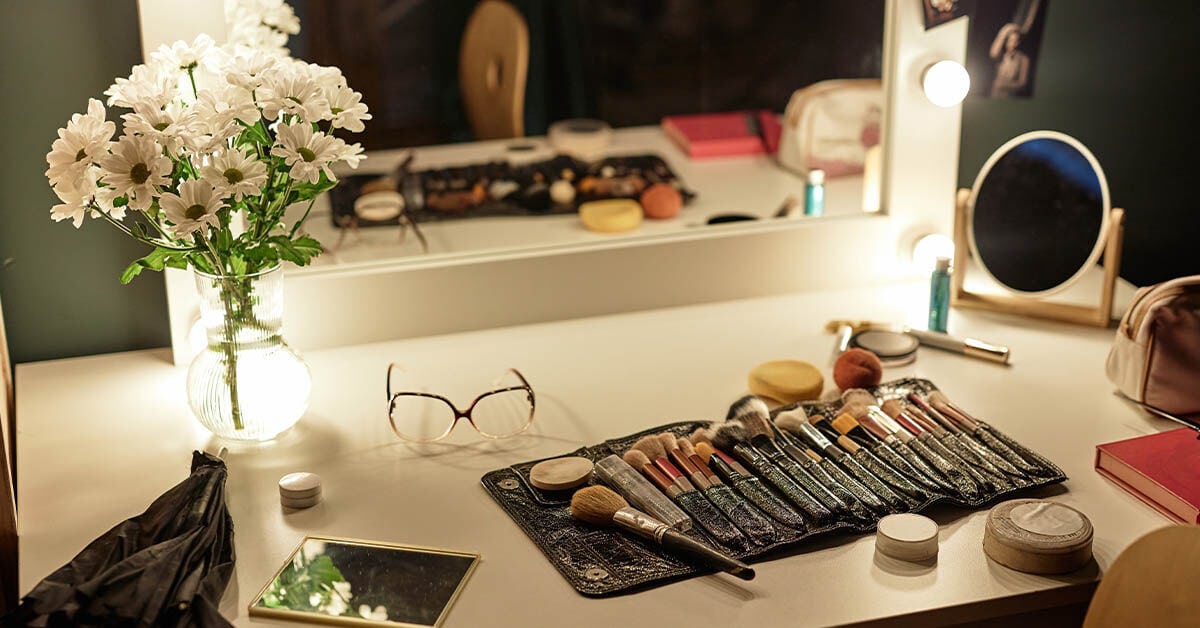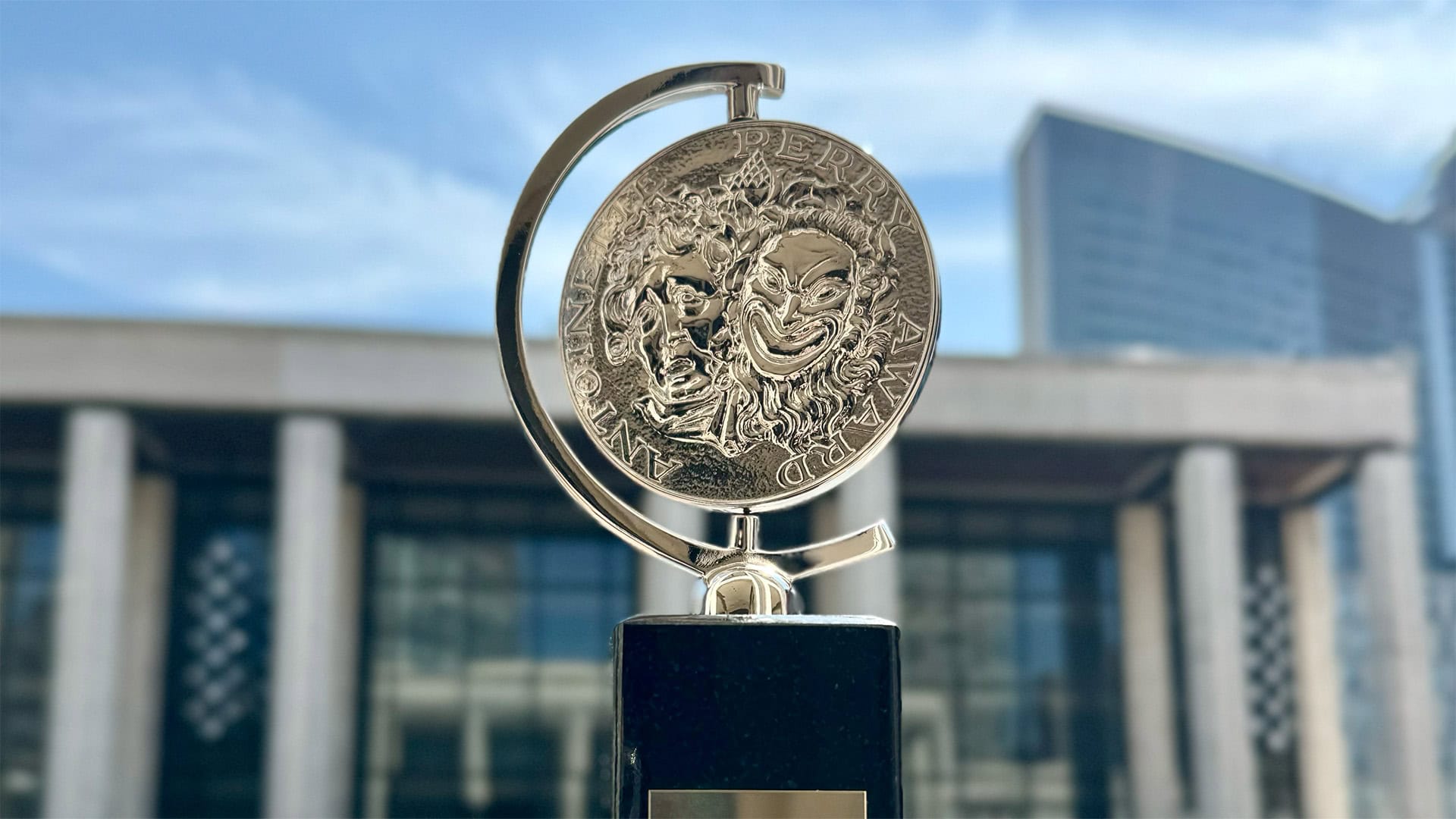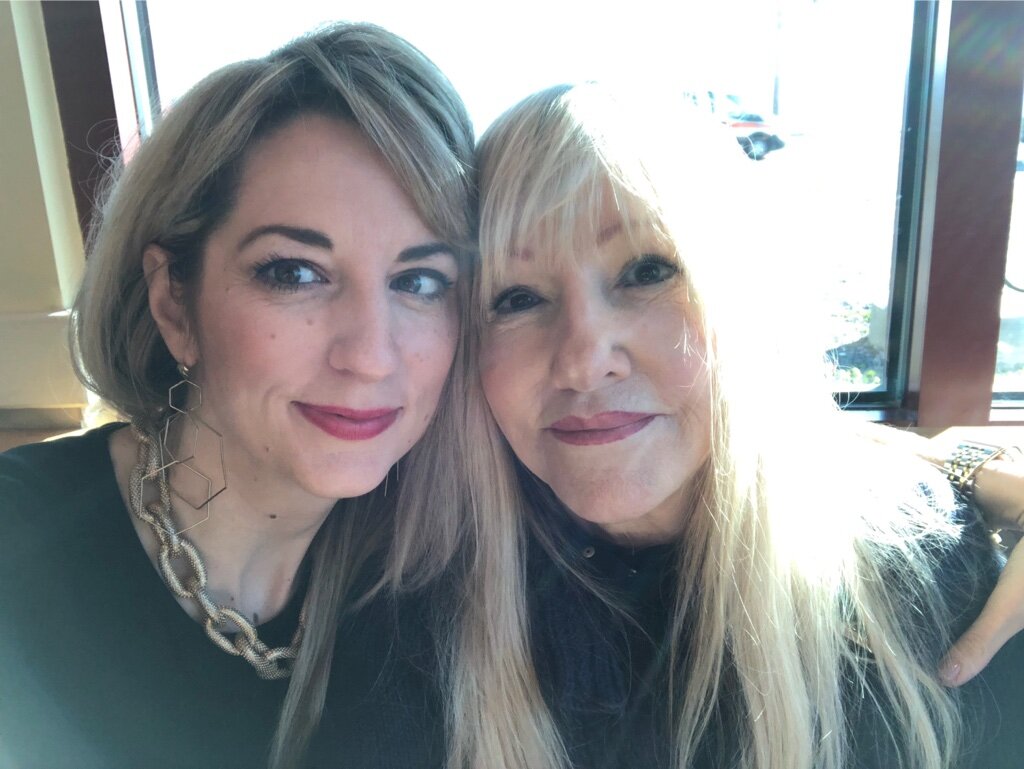
Playwright Rosary O’Neill might be in the middle of lockdown, but she has not let that get in the way of her creativity. Rosary has seen three of her plays—Marilyn/God, Clark and Carole, and The Reluctant Vampire— air via Zoom.
Rosary is a Ph.D.-holding professor of history, as well as a playwright. Normally, she splits her time between her native New Orleans and her adopted NYC. However, the pandemic has stopped travel. In response, Rosary has joined several writing workshops, all conducted virtually, and all of which have helped continue to foster her creative vision.
Q: Why did you decided to enter all these virtual classes at once?
A: Living in New Orleans, I had confronted the isolation of quarantine, when magically, pivotal places where I had studied writing turned their workshops into virtual hotspots. I have had people in the workshops from Brazil, Germany, Egypt, Hawaii, Australia, not to mention from all over the US. Because I feared that the virtual outreach would dry up as soon as the pandemic vanished, I dove in, taking many classes simultaneously that I had longed to be in before. Even workshops in New Orleans that were part of the New Orleans Writers Workshop were now virtual, but I had no idea that almost a year later, I would still be studying and rehearsing virtually.
However, I think the most important thing for a playwright is connection and observation — so keeping up the work virtually it’s a tremendous way to learn from others. Another value to doing the virtual workshops at once is the comparison factor. You find out which ones you are eager to attend which ones work for you. For instance, can you take a 5-hour zoom workshop? Are you focused enough for a one-hour workshop? In which workshop are the students working the hardest and the teacher most prepared. In some workshops, students just write in class off the top of the head for example in an effort to create a play. To me, it’s more interesting to present work I’ve carefully honed and then see how I could push it further.
Q: How do these online workshops help you focus?
A: Online workshops help focus because you are less tired (from the to and fro of getting to class). Virtual workshops take less time, energy, and money — especially if you consider the cost of printing scripts, meeting space, and transportation.
Q: Why are so many of your forthcoming plays centered on vampires?
A: Because I like them.
Recently, I’ve gotten awards to write plays about vampires, such as the Fulbright to Paris to write Marie Laveau and the Vampire and an invitation to the Summerfest and Winterfest in NYC for vampire plays.
But I’ve always been interested in the undead. My plays Marilyn/God and The Wings of Madness grapple with women after they died and Wishing Aces with heroines/heroes confronting death via a hurricane. In my play Turtle Soup, Aunt Jean on her deathbed is close to being a vampire, if not so explicitly said. Concord has also published lots of my “ghost-filled plays” such as Beckett at Greystones Bay and The Awakening of Kate Chopin.
I love the mythology of good and evil and how you can create unique rules for vampires. Then, too, having written with Rory Schmitt, The Cultural History of Voodoo for History Press — and living part time in New Orleans — I am drawn to the vampire mythology.
Q: What has it been like to rehearse an upcoming live play online?
A: My play Reluctant Vampire, a comedy farce, is being workshopped at the Playwright Director’s Workshop of the Actors Studio in NYC.
I can attend all rehearsals anywhere via Zoom and give feedback. And that is totally fun because none of this would have been possible before Zoom. We even have a Zoom rehearsal room set up before the show, and members from the east and west coast can attend with the flick of a button. The challenge in rehearsals is really the director’s. It is she who engages the actors and guides them when not to overlap and when to slow down for the sake of clarity. Of course, the greatness of the actor is key as Zoom is all about the close up and the actor’s inner life; thoughts, actions all play the biggest part in capturing the magic of the lines. So, Zoom is a great new medium that once again reminds us of the actor’s importance in the playwright/director/actor triumvirate.
Q: What are you most looking forward to post-Covid?
Getting out! Going to Paris where my play Degas in New Orleans is on hold to be done for the American Embassy. Hugging all my family members; going to the Saint Louis Cathedral in New Orleans for mass; traveling to Rome and to Ireland on a fellowship. BEING ALIVE WITH MY FRIENDS AND FAMILY ABOUT.
But seriously, I have a lot to be grateful for even now because I’m working with my daughter, Rory O’Neill Schmitt, on two screenplays, my son on a play, three of my children on my Garden District TV series (based on my plays Property, Solitaire, and Black Jack: The Thief of Possession). Collaborating with those you love and doing the work. It doesn’t get any better than that.
Rory O’Neill Schmitt (left) and Rosary O’Neill (right)
…
Next Spring, Rosary plans to study nonfiction writing with Dr. Charles Cannon at the New Orleans Writers Workshop. She will use this opportunity to perfect her book Blind Love: Degas Paints New Orleans. This will be her 5th workshop with Cannon.
To learn more about Rosary and her work, visit her official website here, and to explore her titles, click here.

Women and Show Biz: A Conversation with Playwright Peter Quilter

A Pan of Buttermilk Biscuits: Purlie Victorious and Sustenance


